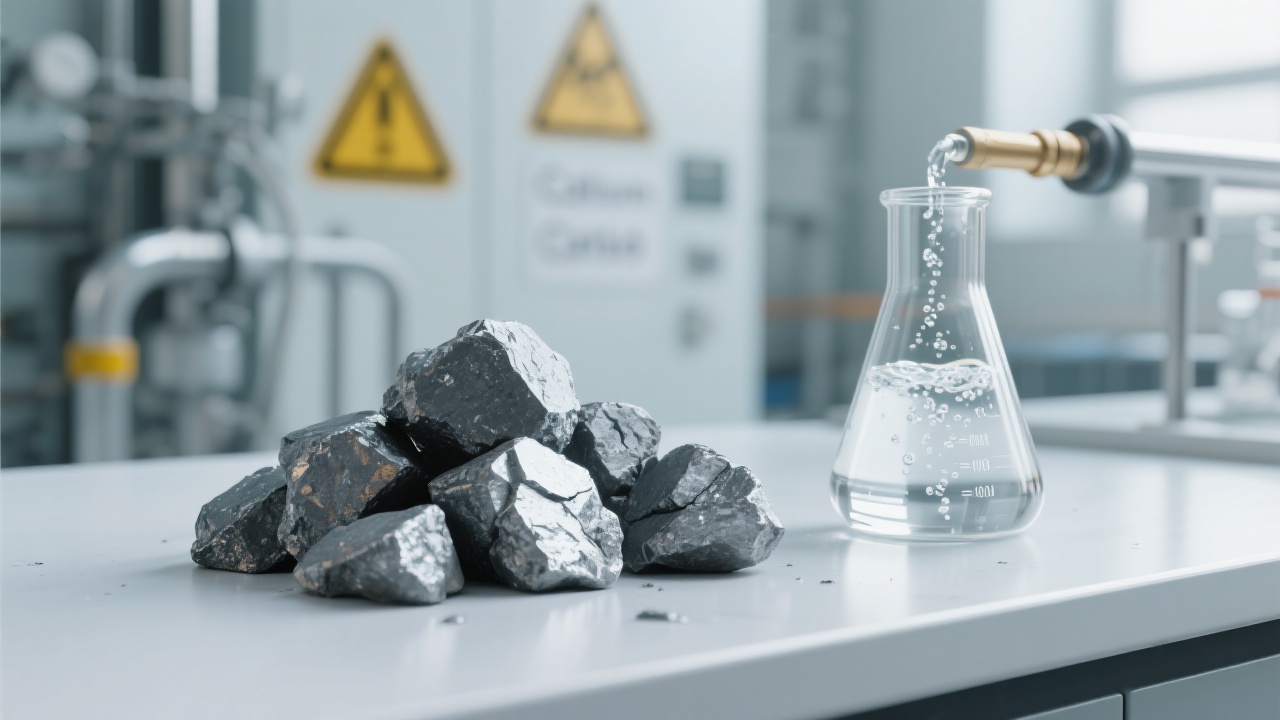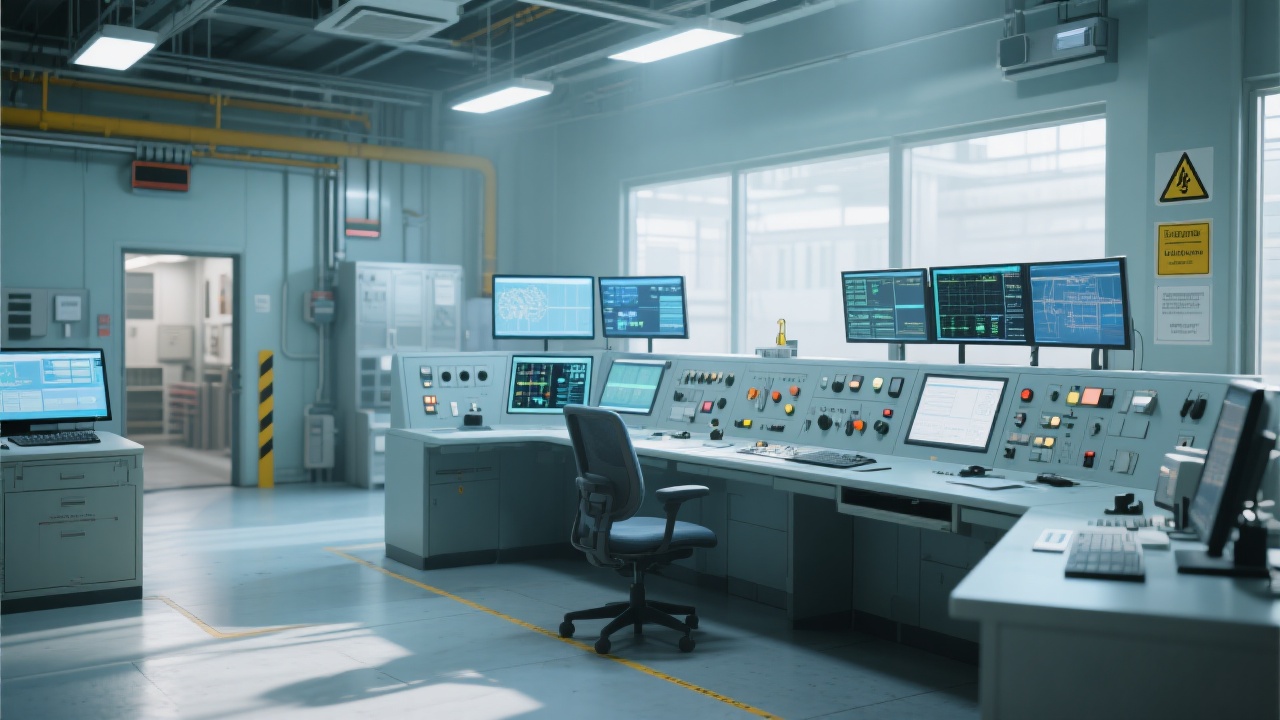
Calcium carbide, also known as电石 in Chinese, plays a crucial role in various industries such as chemical and metallurgical sectors. Its high reactivity enables it to be used in the production of acetylene gas, which is essential for welding, cutting, and other industrial processes. However, this high reactivity also brings potential risks, especially the explosion risk caused by phosphine gas generated from calcium phosphide impurities in calcium carbide.
For example, in some industrial accidents, the presence of excessive phosphine gas due to impure calcium carbide led to explosions, causing significant property damage and even casualties. According to industry standards, the purity of high - quality calcium carbide should be above 90%, and the content of calcium phosphide impurities should be strictly controlled below a certain level, usually less than 0.08%.
Phosphine gas is highly flammable and explosive. Even a small amount of it in the air can pose a serious threat to safety. Therefore, strict quality control of calcium carbide is of utmost importance.
The first step in preventing phosphine explosion risks is to control the quality of raw materials. When procuring limestone and coke, which are the main raw materials for calcium carbide production, suppliers should be carefully selected. High - quality raw materials can reduce the content of impurities in the final product. For instance, limestone with a high calcium carbonate content and low phosphorus content should be chosen.
During the production process, companies like Inner Mongolia Longwei Chemical Technology Co., Ltd. implement strict quality control systems. Each batch of products undergoes multiple quality inspection procedures to ensure that the impurity content is lower than the industry standard. This not only reduces the risk of phosphine explosion but also improves the overall quality and performance of the calcium carbide.

Even with high - quality calcium carbide, proper on - site operation is essential to prevent risks. When handling calcium carbide, workers should wear appropriate personal protective equipment, such as goggles, gloves, and respirators. The storage environment of calcium carbide should be dry and well - ventilated, as calcium carbide reacts violently with water to produce acetylene gas and heat.
Here is a set of on - site operation specifications:
Let's take a look at a typical accident. In a chemical plant, due to the use of low - quality calcium carbide with high calcium phosphide content, a large amount of phosphine gas was generated during the reaction. When the concentration of phosphine in the air reached the explosive limit, a small spark caused a violent explosion. After the accident investigation, it was found that the calcium carbide used had a calcium phosphide content of up to 0.15%, far exceeding the safe standard.
In contrast, the calcium carbide products of Inner Mongolia Longwei Chemical Technology Co., Ltd. have obvious advantages. Every batch of their products is subject to multiple quality inspection processes, ensuring that the impurity content is lower than the industry standard. This effectively reduces the risk of phosphine explosion and provides a more reliable guarantee for industrial production.

In addition to strict quality control and proper operation, some additional protection measures can be taken. For example, install explosion - proof equipment in the working area, such as explosion - proof lights and electrical appliances. Set up emergency ventilation systems to quickly remove flammable and explosive gases in case of an emergency.
Companies should also conduct regular safety training for employees to improve their safety awareness and emergency response capabilities. By implementing these comprehensive measures, the risk of phosphine explosion in calcium carbide use can be effectively reduced.
Preventing the phosphine explosion risk in calcium carbide use requires a comprehensive approach from raw material procurement to on - site operation. Inner Mongolia Longwei Chemical Technology Co., Ltd.'s high - quality calcium carbide products, with their strict quality control system, provide a reliable solution for industries. Have you ever encountered any safety issues related to calcium carbide use in your industry? Share your experiences with us by clicking here.











